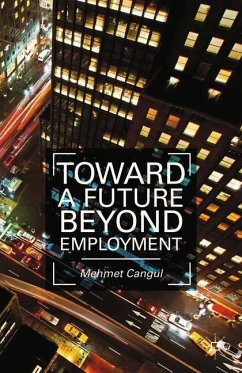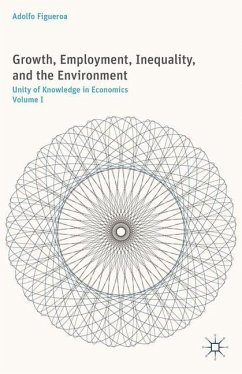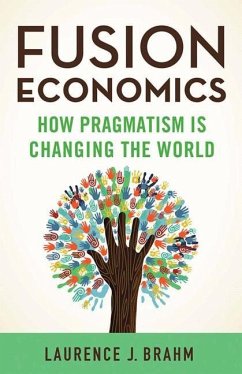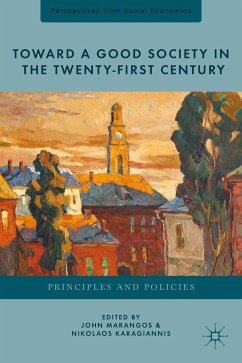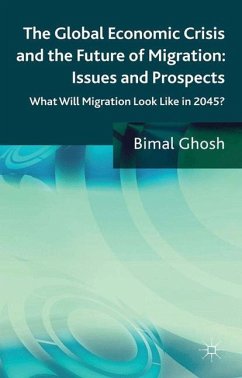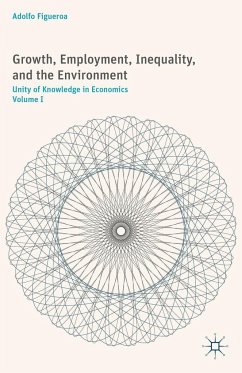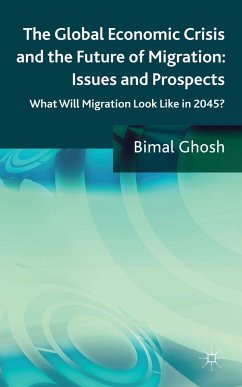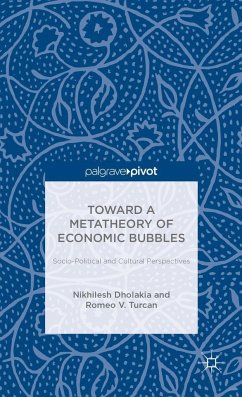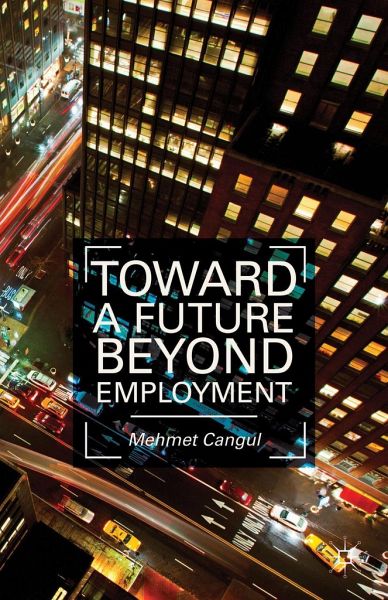
Toward a Future Beyond Employment. by Mehmet Cangul

PAYBACK Punkte
19 °P sammeln!
Toward a Future Beyond Employment proposes that as poor nations move to the emerging stage and as emerging economies become advanced, advanced economies are transitioning to a stage of their own, to a type of post-employment economy where society works less, consumes less, but instead has more time.





